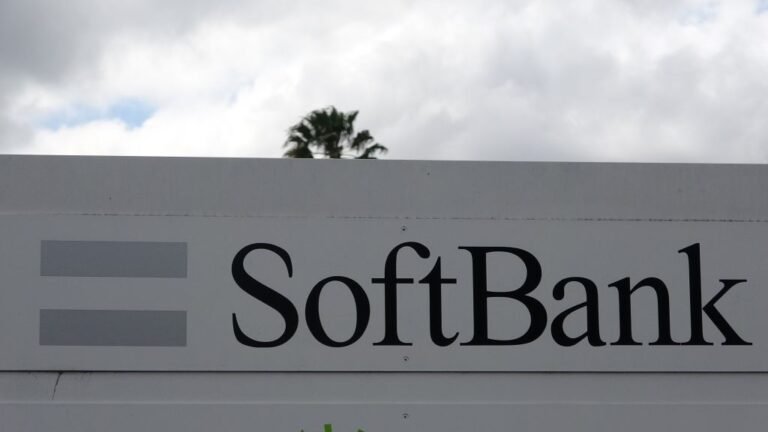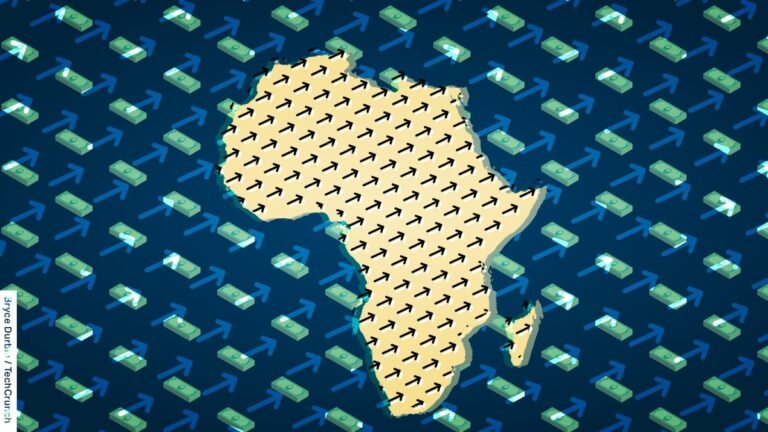
In the past three years, a lot of companies launched DEI (diversity, equity, and inclusion) initiatives, and we even saw a brief period when those promises were fulfilled.
When the market was on the up and up, Black founders, like many other founders out there, were raising record amounts.
But come 2022, the market dipped, interest rates skyrocketed, investments nearly froze, hiring slowed, and widespread layoffs hit everyone.
Today, it almost feels like many of the promises the venture capital industry made in 2020 have gone unfulfilled.
To find out exactly how many kept their word, we checked up on some of those that made commitments to DEI following the BLM protests in 2020.Who kept their word?

There is no question that 2023 was a tough year for the venture and tech ecosystem.
Seed valuations have remained steady through 2022 and 2023, yet achieving the necessary traction for these rounds has become more challenging, which can create misaligned expectations for founders.
In 2020–2021, it was relatively common for $3 million to $5 million seed rounds to get done with very little, if any, traction, and they were typically getting done at $12 million to $25 million valuations, depending on the space and the founders’ background.
The bar is much higher to raise an institutional seed round, and a founder/company often needs to prove a lot more in today’s market than they used to.
This dynamic means that many founders have to first raise a pre-seed round to get to those milestones and therefore raise multiple rounds to get to a Series A.

Crypto valuations ‘came back to earth’ in 2023, but VCs expect them to rise again in 2024The past couple of years have proved to be a turbulent time for the crypto industry.
But a recent spike of interest in crypto, driven by rising Bitcoin and Ethereum prices, is rebuilding momentum, and many think that next year could be promising for crypto startups’ valuations.
Fundraising was difficult for both startups and venture capitalists in 2023, according to Lydia Chiu, VP of business development at Ava Labs.
In 2022, the crypto venture capital deck “saw a complete reshuffling,” with “many tourist VCs in retreat and their weaker portfolio investments bleeding out,” he added.
“Anyone should’ve expected venture funding to dry up in 2023, and it did,” said Will Nuelle, general partner at Galaxy Ventures.

Softbank is selling its Open Opportunity Fund to its chairman and managing partner, Paul Judge, and Marcelo Claure, who is being appointed the fund’s vice chairman and general partner.
Judge and Claure will fully own the firm’s $100 million Open Opportunity Fund 1, the $150 million Fund 2, as well as the entire portfolio.
Claure called the acquisition a “significant milestone,” saying it “demonstrates a concrete move towards more diverse representation within all layers of the venture capital ecosystem.”Softbank rebranded its Opportunity Growth Fund to Open Opportunity Fund (OOF) earlier this year, and appointed Judge as its chairman, who became co-owner of the Fund.
Fund 1 deployed $100 million in 75 Black-and-Latino companies, yielding seven exits and 46 follow-on rounds.
Fund 1 companies may also receive funding from Fund 2 on a “case-by-case basis,” Judge said.

Listen here or wherever you get your podcasts.
Hello and welcome back to Equity, a podcast about the business of startups, where we unpack the numbers and nuance behind the headlines.
This is the first of a two-part series that we built for you going back over critical themes from 2023.
It was a very, very busy year in the worlds of technology, startups, and venture capital — so busy that we asked for your 2023 in a headline, and you delivered!
In Part 1, Mary Ann and Alex dug into a host of key themes:In Part 2 — coming soon!

Black founders in the UK are also seeing the impact of venture’s winter year.
That would put 2023 behind 2022, when such founders raised 1.02% ($316 million of $30.88 billion), and 2021, when Black founders were allocated 1.13% ($454 million out of $40.03 billion) of all venture investment in the country.
The downward trend in the share of investment allocated to Black founders most likely stems from the venture downturn of these past two years.
For example, Black founders in the U.K. raised only 0.28% of venture funds in 2019, 0.23% in 2018, and 0.38% in 2017.
Per Extend Ventures, between 2009 and 2019, only 38 Black founders were able to raise venture funding at all in the country; that number now stands at 80.

What is happening with all these new venture funds?
A growing number of venture firms may be uncorking champagne ahead of the New Year.
Today, a handful of investment firms announced new funds: Artis Ventures, BoxGroup, Playground Global and Singular all closed on funds, while Partech said it was launching a €360 million venture fund.
Steph Choo, a partner at the venture firm Portage, maintains that it’s still a “tough fundraising environment.” She thinks what we’re seeing is the result of continued interest in funds with strong track records and distributions to paid-in capital.
), which may drive renewed interest next year.”In the meantime, LPs may not be responding so much to what’s around the corner in 2024 but looking across the longer horizon, particularly given that venture funds typically invest across a 10-year period.

Seed-stage startups — and their investors — react to higher hurdles for Series A funding Lightspeed Venture Partners is formalizing its scale-up efforts, as other outfits make similar movesThe hurdle for Series A funding is a lot higher than it was a year ago — and investors in seed-stage companies are having to respond.
When the market abruptly turned in the spring of 2022, late-stage companies were the first to feel the pain.
The European venture firm Breega touts its “scaling squad” to help support its many seed bets.
Pear VC, a Bay Area-based seed-stage venture firm, is constantly rolling out new programming aimed at supporting and educating the nascent teams that it backs.
VC heavyweight Lightspeed Venture Partners is also stepping up its game.

The Southeast Asian venture capital boom of the late 2000s and early 2010s was the result of a number of factors. Several nascent startup scenes in the region had already…

As the technology industry retrenches and venture capital firms tighten their standards, savvy founders should consider this counterintuitive question: even if my vision is compelling enough to secure funding, should…













